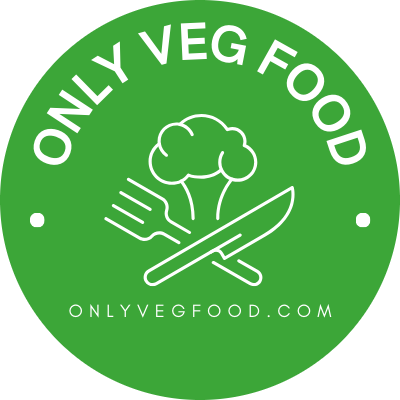Ensuring you get all the necessary nutrients on a plant-based diet requires planning and awareness, but it’s definitely achievable! Here’s a guide to help you:
1. Prioritize Nutrient-Dense Foods:
- Fruits and vegetables: Aim for 5 servings daily, focusing on diverse colors for a broader nutrient range.
- Whole grains: Choose unrefined options like brown rice, quinoa, and whole-wheat bread for essential fiber and B vitamins.
- Legumes: Beans, lentils, and chickpeas are excellent sources of protein, iron, and fiber.
- Nuts and seeds: Incorporate them for healthy fats, protein, and various minerals like magnesium and zinc.
- Fortified foods: Opt for plant-based milk and yogurt fortified with calcium, vitamin D, and vitamin B12.
2. Be Mindful of Specific Nutrients:
- Vitamin B12: This essential vitamin is mainly found in animal products. Consider fortified foods or a B12 supplement.
- Iron: Plant-based sources include beans, lentils, spinach, and tofu. Combine them with vitamin C-rich foods like citrus fruits for better absorption.
- Omega-3 fatty acids: Choose sources like flaxseeds, walnuts, chia seeds, or algae oil supplements.
- Calcium: Leafy greens like kale and collard greens provide calcium, along with fortified plant-based milk and yogurt.
- Vitamin D: Get enough sunlight exposure or take a vitamin D supplement, especially during winter months.

3. Use Helpful Tools:
- Apps and online resources: Utilize apps like Cronometer or MyFitnessPal to track your nutrient intake.
- Meal planning tools: Websites like Forks Over Knives or The Vegan Society offer recipe and meal planning resources.
- Consult a registered dietitian: They can provide personalized guidance and address specific concerns.
4. Variety is Key:
- Don’t limit yourself to a few plant-based options. Explore diverse fruits, vegetables, legumes, and grains to ensure a broader nutrient intake.
- Consider seasonal produce for freshness and affordability.
5. Supplement Wisely:
- While a well-planned plant-based diet can provide most nutrients, some supplementation may be beneficial, especially for B12, vitamin D, and omega-3 fatty acids.
- Consult your doctor before starting any supplements to ensure they are appropriate and safe for you.
Remember, consistency is key. By incorporating these tips into your daily routine, you can ensure you get all the necessary nutrients on a plant-based diet and thrive on this healthy and sustainable lifestyle.
